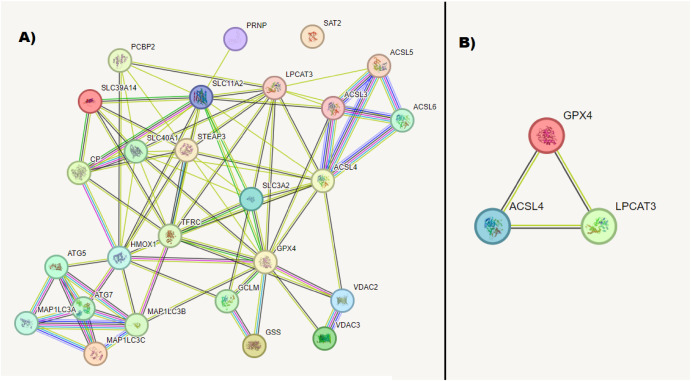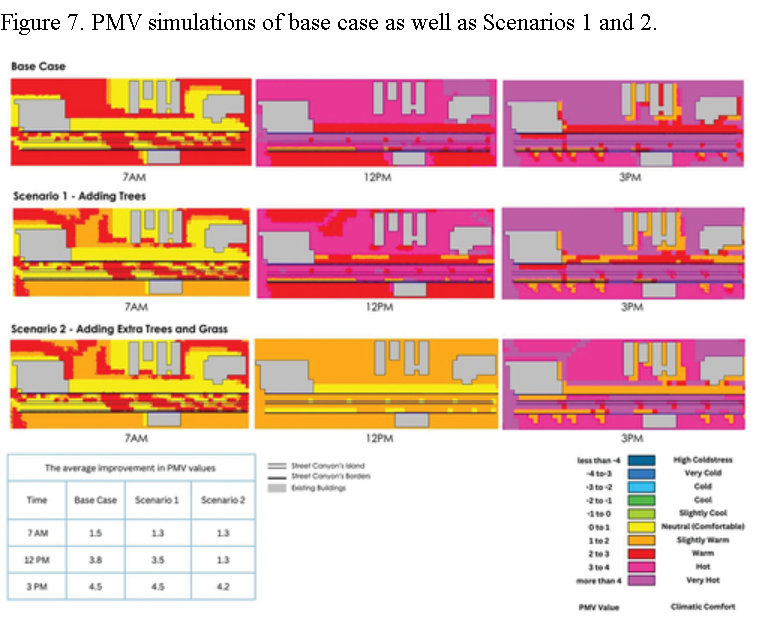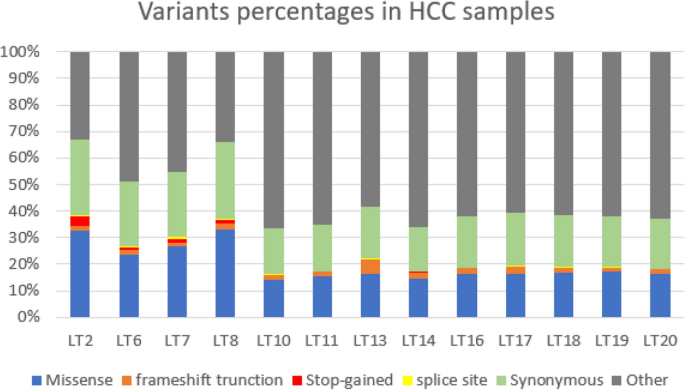

Sparse spectrum sensing in infrastructure-less cognitive radio networks via binary consensus algorithms
Compressive Sensing has been utilized in Cognitive Radio Networks (CRNs) to exploit the sparse nature of the occupation of the primary users. Also, distributed spectrum sensing has been proposed to tackle the wireless channel problems, like node or link failures, rather than the common 'centralized approach' for spectrum sensing. In this paper, we propose a distributed spectrum sensing framework based on consensus algorithms where SU nodes exchange their binary decisions to take global decisions without a fusion center to coordinate the sensing process. Each SU will share its decision with its neighbors, and at every new iteration each SU will take a new decision based on its current decision and the decisions it receives from its neighbors; in the next iteration, each SU will share its new decision with its neighbors. We show via simulations that the detection performance can tend to the performance of majority-rule Fusion Center based CRNs. © 2016 IEEE.



